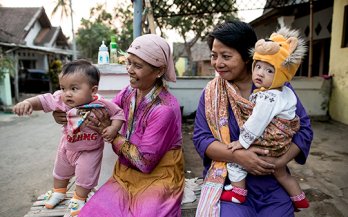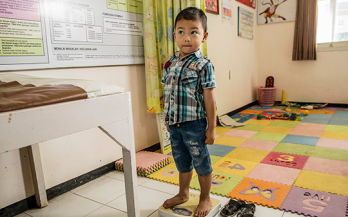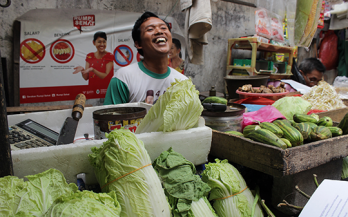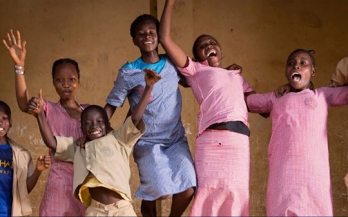This commentary aims to discuss the multiple ways in which private sector can leverage its expertise to improve nutrition in general, and complementary feeding in particular.
The purpose of this study was to examine the effect of a novel behaviour change intervention, Gerakan Rumpi Sehat (the Healthy Gossip Movement), on infant and young child feeding practices in peri‐urban Indonesia.
The objective of the symposium to the Asian Congress of Nutrition in Singapore was to discuss important nutrition issues in the Association of Southeast Asian Nations (ASEAN) countries, to elaborate on pressing nutrition issues in the region, and to debate strategies, in particular to tackle the prevalence of malnutrition, with a focus on micronutrient deficiencies and stunting.
The purpose of this study on child stunting determinants in Indonesia was to outline who are the most vulnerable to stunting, which interventions have been most successful, and what new research is needed to fill knowledge gaps. Published studies are lacking on how education; society and culture; agriculture and food systems; and water, sanitation, and the environment contribute to child stunting.
This paper examines lessons learned on how to drive consumer awareness, and to ensure uptake and compliant use of product solutions in the context of the Maternal, Infant and Young Child Nutrition programmes.
This concept brief advocates for addressing nutrition security of cocoa farmers to break the vicious cycle of under-nourished cocoa families over generations. Addressing nutrition security could lead to a more diversified and nutritious local diet, resulting in healthier and more productive cocoa farmers.
This document makes the case for cities to increase their focus on policies and practices that improve the consumption of safe and nutritious food. Urbanisation contributes to shifts in lifestyle, consumption patterns and economic activities, which may lead to adverse outcomes in poor diet and nutrition.
This report highlights the successes of the global effort to eliminate iodine deficiency disorders as a public health problem. The report was commissioned as part of UNICEF-GAIN Partnership Project, funded by the Bill & Melinda Gates Foundation from 2008 to 2015, to improve iodine nutrition through salt iodisation.
This report presents findings from a formative research and design case study carried out to explore infant and young child feeding behaviour in the region, and to understand its underlying motivations.
This report presents a landscape of nutritional status of pregnant women and adolescent girls in East Java, Indonesia. It provides information on the demography and nutritional status, underlying factors of undernutrition, activity patterns, and existing nutritious products among adolescent and pregnant women in East Java province.










